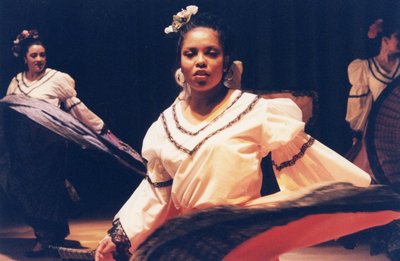From the beginning, female students at Oregon State have endeavored to foster fellowship and community, both on campus and off. Irrespective of era, like-minded women have come together through their participation in academics, clubs and societies, membership in sororities, and the creation of cultural centers. They found support and companionship, compared challenges and workshopped solutions, and mentored and inspired each other.
However, it is important to think critically about how politics, socioeconomic status, racial/ethnic background, gender identification, and sexual orientation would have impacted individual women’s access to these communities. Some women were complicit in policing the boundaries of female community space, just as many were simultaneously dedicated to expanding and/or erasing them.
Clubs and societies listed in the Associated Women Students (AWS) handbooks and the Co-ed Code supported myriad interests, from singing to canoeing, journalism to theater. Social events, however, were circumscribed by the gender mores of the day. Co-ed social events, including informal parties and dinners, had to be “scheduled with the Student Affairs Committee through the office of the Dean of Women.” The only sport listed in the 1924/1925 AWS Handbook, canoeing, required female students to pass a “special swimming test” and obtain their parents’ permission. The handbook for 1926-1927 school year, however, lists a number of campus organizations and clubs in which women could participate, including the Women’s Council, the Citation Committee, the Home Economics Club, and the Physical Education Club. Twenty-five years later, in 1950, the handbook listed nineteen honor societies, eight Women’s Recreation Association clubs, and ten other groups such as the Madrigal Club, Mask and Dagger, and Phrateres.
The first nationally recognized Greek letter society chartered at Oregon State was Alpha Tau Omega, a fraternity established on campus in 1882. The first nationally recognized sorority, Alpha Chi Omega, was chartered in 1915, and was originally a music sorority. By 1969, there were sixteen recognized sororities, and since 2000 several discipline- and culturally-specific sororities have been founded, including Sigma Delta Omega (Women in Science), Delta Phi Omega (South Asian-focused, multi-cultural), and Alpha Pi Omega (Native American).
The creation of on-campus cultural centers is evidence that not all women-centered or women-created spaces were safe spaces for all women. Where a need for space and community arose, women were at the forefront of the struggle and continue to support these inclusive centers.

